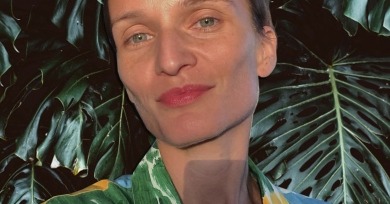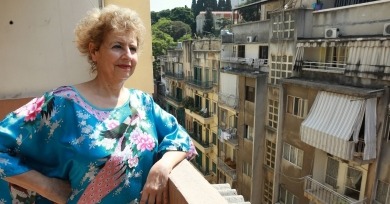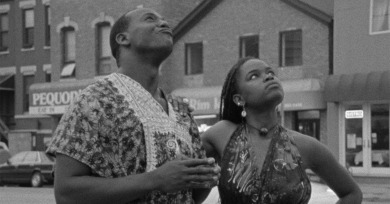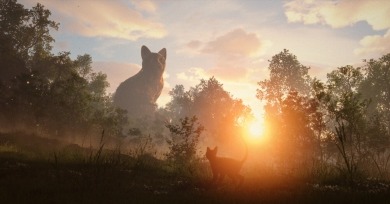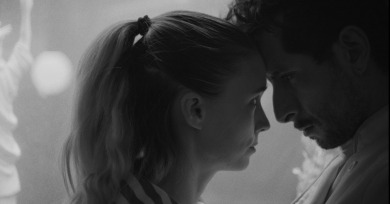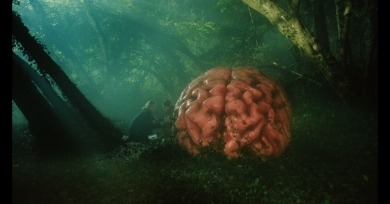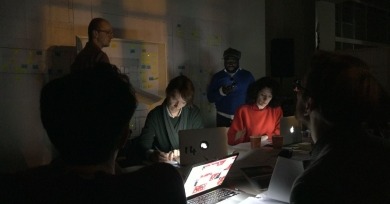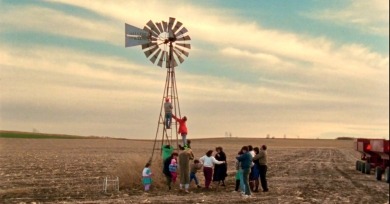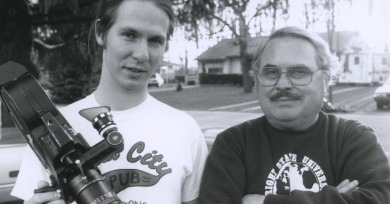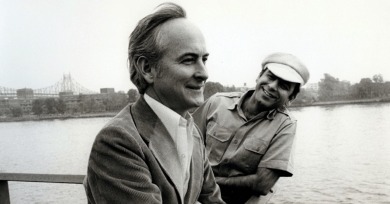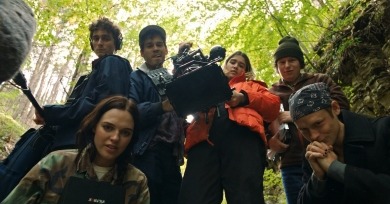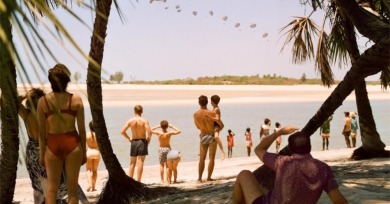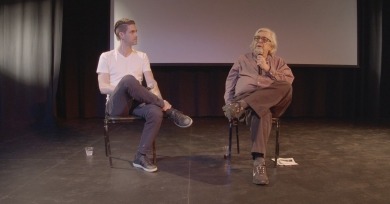Interviews
Despite its anxious and melancholic air, When the Phone Rang also captures the golden haze of youth, with its moments of whimsy and wonder . . . not even a raging war can compare, at times, to the monumental mortification of pubescence.
While working as both a journalist and film critic, she became interested in Third World cinema and the role of Arab women in revolutions. Throughout her career, Srour has used cinema as a tool to explore themes of resistance and liberation for women across the Middle East.
Lesage is not looking for easy answers in his work, and he is adamantly opposed to telling his audience who to root for. While his films are darkly funny, they are also the inheritors of a more serious European existential and Freudian tradition.
When I initially designed the sound, I wanted there to be a full expression of it for deaf and hard of hearing audiences to actually feel the sound design. Deaf people can experience sound. But they don’t experience it the same way we do. So, I pushed those vibrational experiences.
The silent approach makes the otherworldly encounters even more striking. The animals, of course, do not have the vocabulary for what they are seeing—thus it becomes a test for the audience in turn, of interpretation and meaning. Zilbalodis talked to us about creating this physical language and sustaining it for feature length.
Over the last decade, Mexican director Alonso Ruizpalacios has established himself as one of the most daring filmmakers working within his national film industry.
Maddin and the Johnsons here trade their decaying, manic images for something more coolly sustained and unsettling, creating an insular nocturnal mindscape where the banal and fantastic seamlessly mingle.
During the two year filming process, the number of places, curators, artists, and artworks involved, plus the historical context, produced so much content, and I mean useful content, that it was impossible to contain in 120 minutes.
Troublesome Creek: A Midwestern won the Grand Jury Prize and Audience Award at the 1996 Sundance Film Festival. The story of the Jordan family being forced by harsh economic realities to give up the farm they''d worked for decades is a poignant and beautiful epic in miniature.
Everything in documentary filmmaking is an ethical question. Every placement of the camera. Every question you ask or don't ask is an ethical choice. But the hardest choices are made in the cutting room because that's when you really are saying, this will be seen by the world.
His films are often extraordinarily sensitive contraptions motored by desire. Watching and rewatching the work of James Ivory in 2024 reveals that a certain frankness around love and life was always a part of that operation, even as obviousness was avoided at all costs.
My First Film is surprisingly optimistic in the face of the cringeworthy and toxic behavior that the fictional director and her crew contend with on set. In spite of all the failure and frustration, it is a film with a deep affection for the craft of filmmaking and the fools who have dedicated their lives to it.
The film demonstrates the way a certain strain of reactionary masculinity oppresses both the relatively privileged Thomas and the Malagasy characters, though a third act point-of-view shift ensures that this analysis does not equivocate the suffering of occupier and occupied.
People get into the habit of saying things like, this was a bad year for film, or this was a good year for film. Stupid stuff—stuff that's supposed to be based on concepts like supply and demand. But you can’t have meaningful supply and demand when nobody really knows what the demands are.
